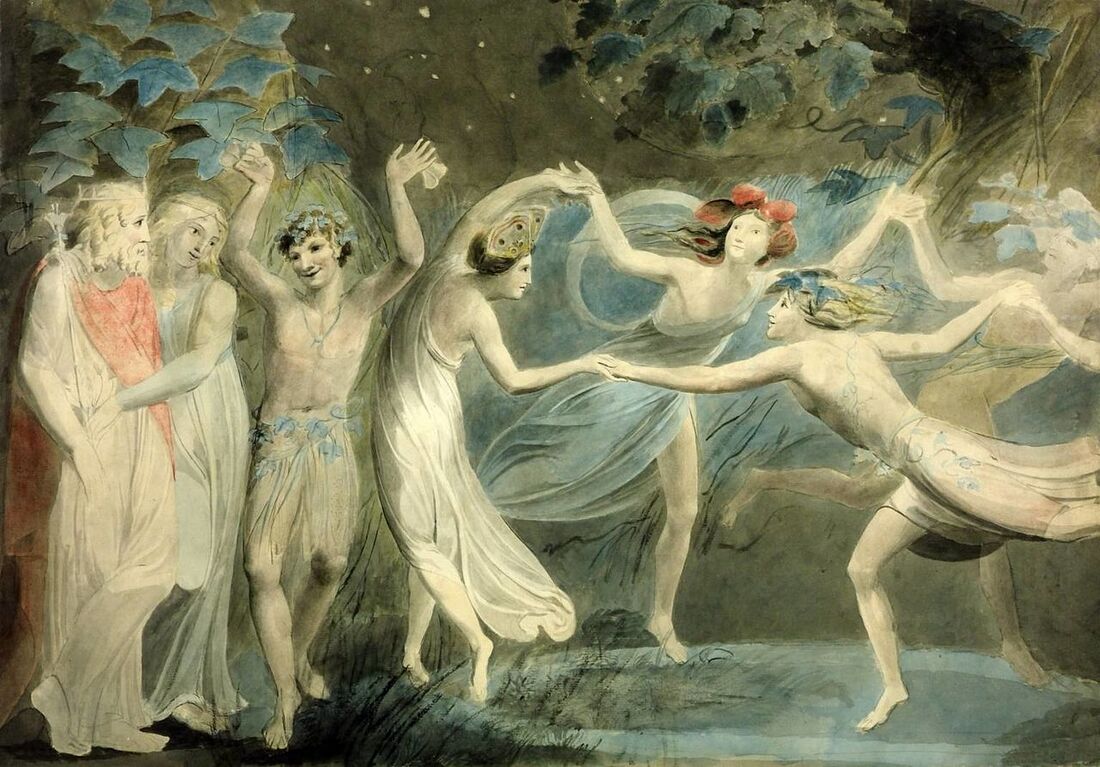|
Long ago I lived a year in Eritrea, in northernmost Ethiopia. With an Eritrean Liberation Front easy to confuse with bandits, we were told to be off the roads by five o’clock and keep a bag packed in case of evacuation. I asked an American who had settled in the countryside, which side did the villagers favor? He said, “They want the fighting to stop and the price of sugar to come down.”
After our departure came drought, famine, and a long civil war. Eritrea won independence in 1991. In Ethiopia, politicians from Tigray—just south of Eritrea—dominated a governing coalition of semi-autonomous regional/ethnic parties for the next 27 years. I remember passing through Tigray on a motorcycle trip to the Blue Nile Falls. The city of Axum, memorable for its ancient stone stelae, was said to hold the Ark of the Covenant, brought there by the Queen of Sheba. A barefoot child guided us through the ruins of the queen’s supposed palace. In 2018, a new government removed the Tigrayans from power and tried to replace ethnic federalism with a fresh sense of national identity. After the new regime postponed promised elections in 2020 because of coronavirus, Tigray held its own election in defiance. Rising tensions erupted into warfare last November. Amid reports and denials of mass murder, rape, and famine, tens of thousands have fled into Sudan. Amnesty International reported hundreds of unarmed civilians shot in the streets of Axum. Our little tour guide, if he is still alive, might be a grandfather by now. He may want the same thing Eritrean villagers wanted decades earlier: Security for his family to get on with their lives. Isn’t that what most of us wish, regardless of time or place? For the fighting to stop and the price of sugar to come down?
8 Comments
The calendar above my desk calls today the first day of summer. For meteorologists, summer started June 1 based on monthly average temperatures. In parts of northern Europe, the solstice counts as midsummer, halfway between planting and harvest, halfway through the weeks of longest daylight. Just to complicate matters, some celebrate Midsummer on June 24 to coincide with the Feast of Saint John the Baptist.
I tend to think of seasons as part of nature, untouched by humans except as we interfere. But it’s we humans who define them by dates and pretend nature gave us the definition. Why four seasons, instead of just two—hot and cold—or the six on the Hindu calendar? Why treat them as equal in length whether you’re in San Diego or Wisconsin? Nature cycles gradually, by fits and starts, with markers like the first robins in March or ragweed pollen in August. Our calendar with its seasonal divisions is a mere approximation, a convenience that makes it easier to think and talk. It only gets us in trouble when we expect nature to comply. Image: William Blake, c. 1786, Oberon, Titania and Puck with Fairies Dancing, inspired by A Midsummer Night’s Dream. Midsummer, set in June, was among the most popular and rowdiest festivals of Shakespeare’s England. “Resolved: that the flag of the United States be made of thirteen stripes, alternate red and white; that the union by thirteen stars, white in a blue field, representing a new Constellation.”
- Journal of the Continental Congress, June 14, 1777 Every morning in my grade school we pledged allegiance to the flag, mumbled the Lord’s Prayer, and sang a patriotic song. Flag equaled country, sacrosanct, deserving of reverence. It wasn’t always that way. The young republic in 1777 needed an identifying banner to raise on ships or carry into battle. More practical than emotive, the new flags didn’t fly in classrooms or outside private homes. Their mythic overtones came later, in response to current events. Union loyalists flew the Stars and Stripes during the Civil War. Soon after, approaching the centennial, descendants claimed Betsy Ross sewed the first American flag. In the late 1800s, U.S. flags promoted the assimilation of immigrants. A Wisconsin schoolteacher is among many credited with starting Flag Day. A marketer created the Pledge of Allegiance to boost flag sales to schools. Two world wars and the rise of godless Communism heightened the distinctively American “cult of the flag.” Presidents and Congress formalized Flag Day (1916, 1949), made “The Star-Spangled Banner” the national anthem (1931), adopted the Pledge of Allegiance (1942), and added “under God” to the pledge (1954). Flags marked political discord in the 1960s, unity after 9/11, and polarization last January—surely not what the founders had in mind. The song from Rogers and Hammerstein’s Carousel has been playing in my head all week. The garden is lush with blossoms, the air melodious with birdsong. Who could not sing, dance, and frolic? In the musical, the high spirits of “June Is Bustin’ Out All Over” lead into the death and redemption of an unemployed carnival barker who robs to support his wife and unborn child. Joy and woe are woven fine.
Carousel opened on Broadway in April 1945, as World War II was winding down. It was a season of hope. The troops would soon come home to set off a baby boom. Prosperity would replace wartime privation. It was also a season of mourning for the fallen who would never come home, and for their commander-in-chief. President Franklin Roosevelt had died exactly a week before the show opened. The waning of the pandemic brings another season of joy and woe, hope and loss. Instead of blackout curtains, we begin to shed the face masks we wore to protect our communities. Vacation travel and nonessential shopping are making a comeback, as they did after WWII. At the same time, we are mourning the closure of favorite restaurants and bookstores. We grieve loved ones for whom the possibility of vaccination came too late. It doesn’t negate the sorrows to celebrate the joys. I’m off to pull weeds from among the flowers, while “June Is Bustin’ Out All Over” plays over and over in my head. |
AuthorI'm a historian who writes novels and literary nonfiction. My home base is Madison, Wisconsin. Archives
July 2024
|



 RSS Feed
RSS Feed